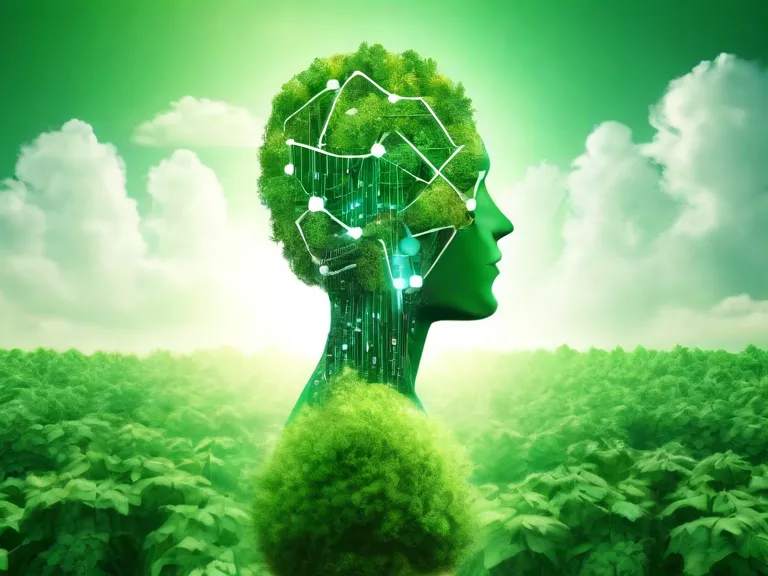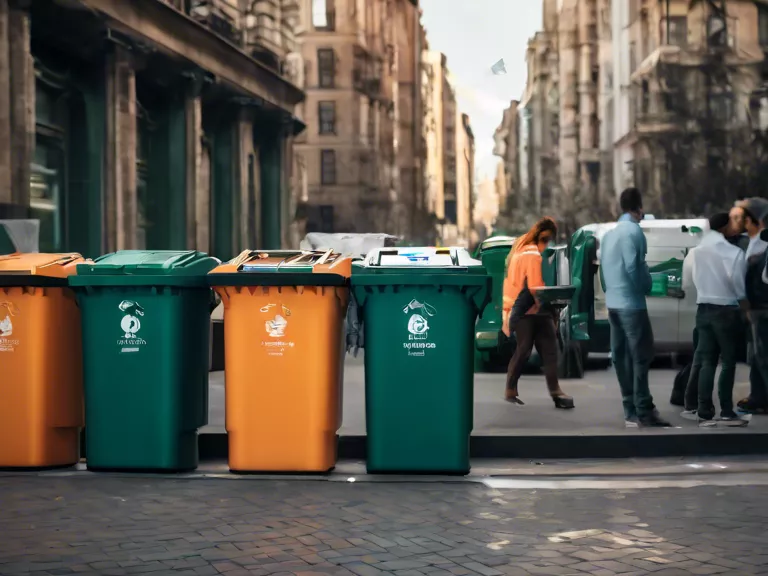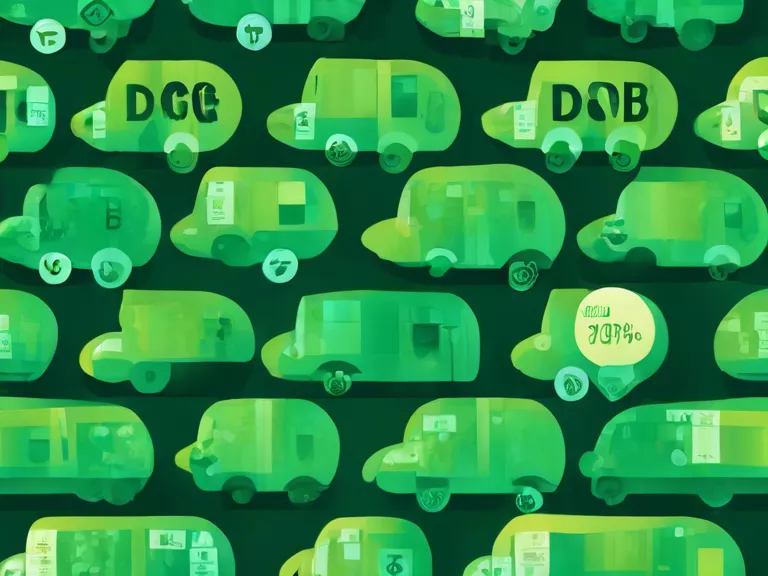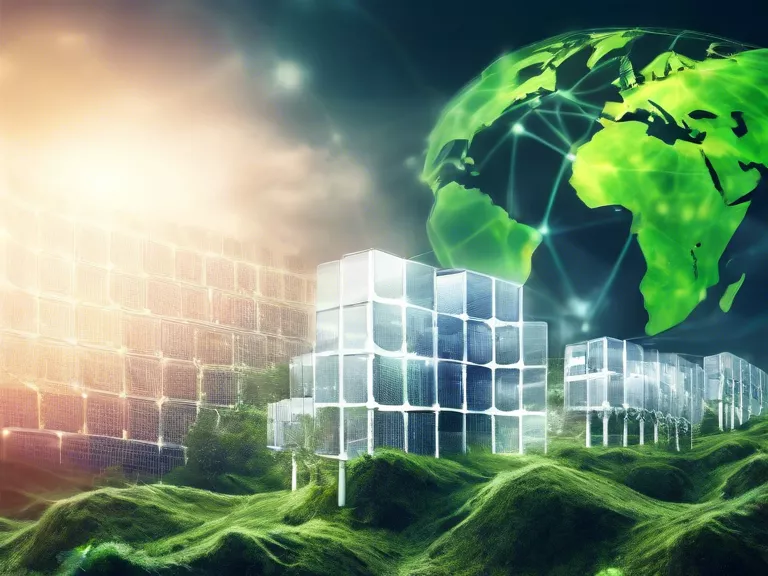
In recent years, technology has been playing a crucial role in driving sustainable development across various industries. Artificial intelligence (AI) is one such emerging technology that is revolutionizing the way we approach environmental challenges. From reducing energy consumption to optimizing waste management, AI is paving the way for innovative green solutions that can help us build a more sustainable future.
AI technologies such as machine learning and natural language processing are being used to analyze vast amounts of data in real-time, enabling businesses and governments to make more informed decisions when it comes to resource management and conservation. For instance, AI-powered algorithms can help optimize energy usage in buildings, predict maintenance needs in infrastructure, and even identify patterns in consumption habits to promote more sustainable behaviors.
One of the key areas where AI is making a significant impact is in the field of agriculture. By harnessing the power of AI, farmers can now optimize crop yields, monitor soil health, and reduce the use of harmful pesticides and fertilizers. This not only helps increase productivity and profitability for farmers but also leads to a more sustainable and eco-friendly approach to food production.
Moreover, AI is also being used to improve transportation systems, reduce carbon emissions, and enhance disaster response efforts. Whether it's through autonomous vehicles, smart city initiatives, or predictive analytics for natural disasters, AI is driving innovations that are making our cities and communities more resilient and sustainable.
As we continue to face pressing environmental challenges such as climate change and pollution, the role of AI in sustainable development will only become more critical. By leveraging the power of AI technologies, we can create more efficient and effective solutions to help address these challenges and build a more sustainable future for generations to come.



